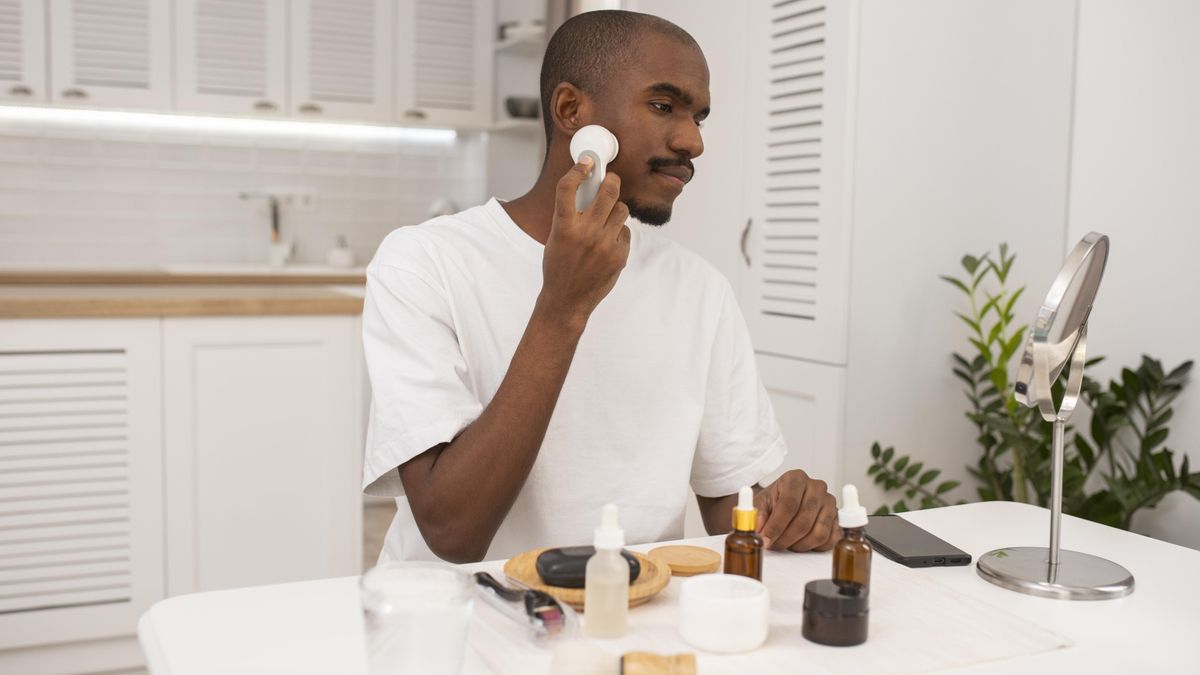
Stress is a natural response to difficult situations such as the fast pace of society, excessive work, and changes in daily life. While not a bad thing in itself, prolonged exposure to stress can have a negative impact on our health, as it changes almost every process in our body and mind, causing physical, psychological, and emotional discomfort.
High levels of cortisol, the so-called stress hormone, can cause you to experience anxiety, irritability, and sadness. However, if these effects last longer, you may also experience muscle pain, cramps, migraines, high blood pressure, memory loss, and fatigue. In more severe cases, it can lead to diseases such as cardiovascular disease, heart disease, digestive disorders, diabetes, and obesity.
Many people believe that stress is just a state of mind, but this is not the case. Stress can affect your entire body, including the health of your largest organ, your skin. Dr. Amparo Rodríguez Alvarez, a dermatologist with extensive experience in skin health and sensitive skin treatment, said in a conversation with this medium, “In situations of fear or tension, the body releases two important hormones, adrenaline and cortisol,” which explain this process.
“If this stress is maintained for a long period of time, it changes the skin barrier, reduces its protective capacity, slows down regeneration, produces inflammatory substances that limit collagen production, and at the same time promotes skin breakdown and elastin loss. As a result, the skin loses its elasticity and firmness, which leads to deep wrinkles and large sagging skin. This is stressed skin,” he elaborates.
Apart from the inflammatory process, Rodriguez Alvarez adds another factor. “Oxidative stress, the production of free radicals that directly attack skin cells, decreased collagen production, and altered cell regeneration.”
In conclusion, “continued stress accelerates the aging of the skin and makes it more prone to wrinkles,” emphasizes the expert, who works as a dermatologist at the Institute of General Dermatology in Barcelona and also runs his own centre.
It is clear that the skin, like any other part of the body, is under stress, which manifests itself in a variety of symptoms, but according to doctors, the most common are: Dull hue and lack of brightness due to decreased oxygenation and accumulation of dead cells. Dryness and dehydration due to changes in the skin barrier and water loss. There is a high sensitivity to external factors, a tendency to redness and dermatitis, a high incidence of inflammatory processes.
How can stressed skin be improved?
Lack of sleep and rest can also cause dull skin, which can lead to dark circles and dark circles, making you look older. Like age, “Age has a decisive influence on the skin’s ability to regenerate. In young people with continued stress, more acne and oily skin are often observed, but the ability to repair damage is always better,” explains the dermatologist. She adds, “On the other hand, in mature skin, stress accelerates skin aging, resulting in more wrinkles, sagging, dryness, and loss of brightness.”

As for advice you can follow to avoid stress on the epidermis, Rodriguez suggests first managing the condition by changing your habits, playing sports, getting more sleep, eating right, and seeking professional advice if necessary. Additionally, we recommend using products that strengthen the skin barrier. A proper cleansing routine, hyaluronic acid, ceramides, and niacinamide to retain moisture and promote hydration.
Also, don’t forget your daily sunscreen. This is essential to prevent age spots and improve the evenness of skin tone and hydration levels.
In some cases, the expert advises, “it is important to act directly on the problem with firming active ingredients, but what is most interesting is to address the problem at its root by acting on the factors that change the acceleration of skin aging.”
Therefore, Rodriguez Alvarez believes that a facial routine to repair stressed skin is essential, emphasizing that basically “the focus should be on moisturizing, restoring and calming the skin.”
And it suggests some simple steps. Clean gently with a pH-neutral soap that does not alter the skin barrier. A soothing serum containing niacinamide, hyaluronic acid, and botanical extracts (such as Centella asiatica). Broad-spectrum sunscreen that covers UVB, UVA, infrared, and visible light. Use a moisturizing mask regularly, and if you want to take it further, visit a dermatologist to define and customize your routine.



